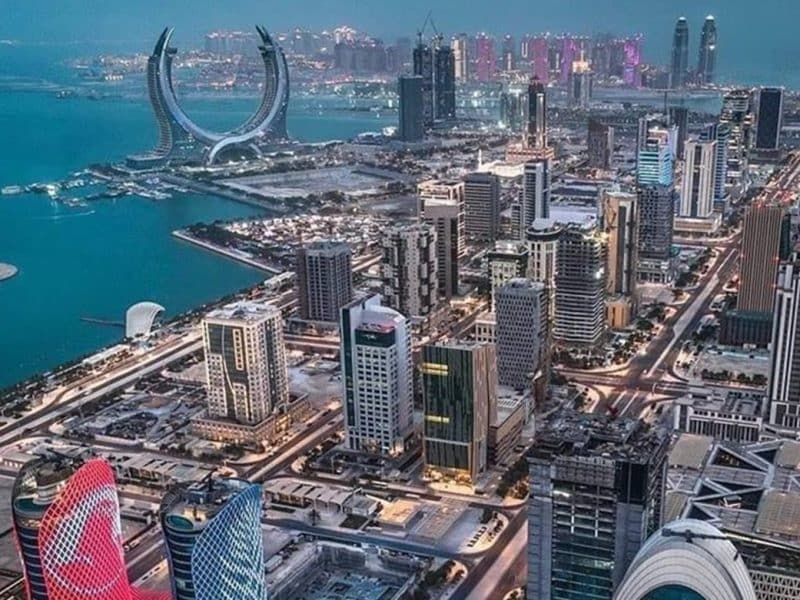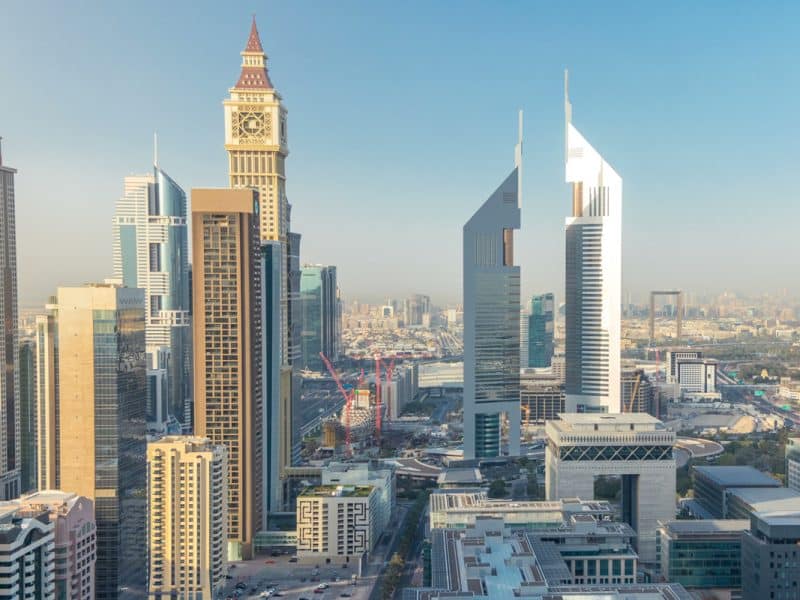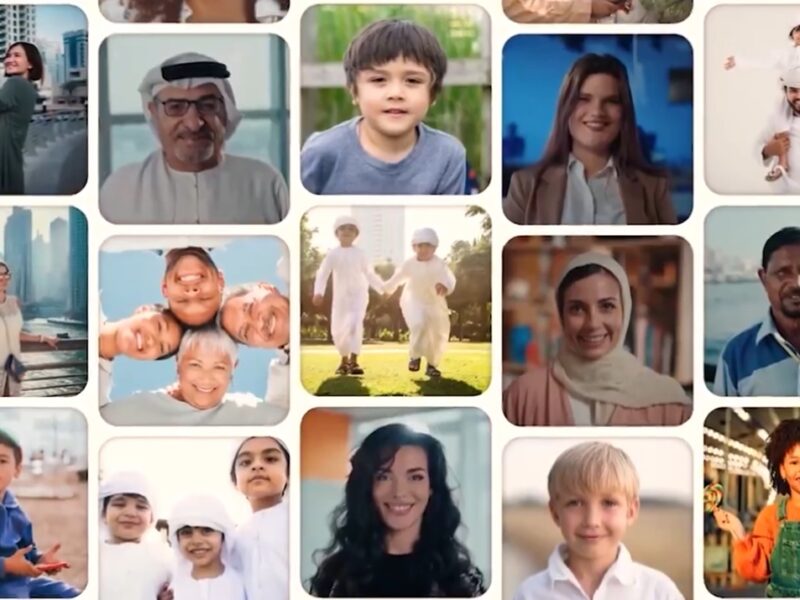Up to 30 percent of the recent surge in e-commerce business seen in the Gulf region during the coronavirus pandemic will be permanent, according to a new report issued by payments giant Mastercard.
The shift to digital platforms, a permanent levelling up of e-commerce and challenges such as the shift in GCC expat worker populations were also among the key trends highlighted in the Mastercard Economic Institute’s Economy 2021 outlook released on Wednesday.
The report also revealed the payment tech multinational’s latest findings in digital consumer spending habits, the growth of online banking, fintech disruption and opportunities to boost financial inclusion.
Digital adoption trends
“Broadly speaking, we expect to see a much faster rate of economic digitalisation both this year and in the years ahead,” Bricklin Dwyer, chief economist and head of the Mastercard Economics Institute, told Arabian Business. “That will include a rapid rise in e-commerce penetration, a substantial boost to electronic payments, and broader adoption of new technologies for remote work and distance learning.”
While Economy 2021 points to increasing digital adoption in MEA markets this year, it highlights the UAE’s robust e-commerce growth and shift towards a cashless society as factors that will increase the country’s reliance on digital services in 2021.
It also states that 20-30 percent of the coronavirus-driven surge in e-commerce will be a permanent bump in its share of overall retail spend.

“The growth of e-commerce was greatly accelerated by the pandemic, as consumers turned to digital by choice and necessity,” said Dwyer, adding that the team wanted to understand if this behavior was a temporary or permanent change.
“We looked at multiple factors when arriving at our estimates. We considered more than 100 economies worldwide and evaluated the impact of easing mobility restrictions on the share of e-commerce spending. Our analysis also looked at economies that had seen a prolonged return to less restricted conditions while accounting for regional differences, levels of e-commerce penetration, and overall digital capabilities.”
Financial inclusion
David Mann, chief economist for Asia and MEA at Mastercard, described last year’s growth of the digital economy as a “coming of age” moment for e-commerce, and a turning point in bridging the digital divide.
“We are heading for a multi-speed global recovery that favors low-touch over high-touch, with high-income consumers recovering sooner.
“Small businesses and micro merchants are especially crucial to the region’s economies and by enabling them to accept digital payments, we can connect more people and communities to financial freedom and eventual prosperity.”
The pandemic’s effect on GCC diversification plans
While Saudi Arabia and the UAE have long harboured plans to shift their economies away from a reliance on hydrocarbons, Dwyer said the coronavirus complicated things. “In the short-term, the pandemic naturally disrupted much of the planning going into 2020. The outbreak also had adverse effect on government budgets by reducing revenues and significantly increasing spending – while the fall in oil prices in the first half of 2020 created additional strain on the region’s fiscal situation.
“However, in the long-term, the pandemic has also provided a new impetus for creating a more resilient and digitally oriented economy, which will likely push a renewed vigour in plans for economic diversification across the region.”

The report singles out stable oil prices, early tourism and the return of migrant workers as crucial factors that will influence the recovery of consumer spending in the GCC.
Labour market impact
Amid the global economic uncertainty in the face of an ongoing pandemic, Economy 2021 highlights the shift in foreign worker populations in the Gulf as a particular challenge, with Dwyer, pictured below, pointing out that the coronavirus has shaken up global – and regional – labour markets.

“Generally, the pandemic has hurt almost all categories of migrant workers, but it was mostly those in the construction, hospitality and domestic services that bore the brunt of the resulting economic challenges. At the same time, the mobility restrictions that are in place globally will impede the return of foreign workers in the GCC and beyond.”
As these mobility restrictions ease, said the report, trends of higher-income individuals spending on travel, eating and shopping, than essentials such as rent and groceries where lower-income individuals spend, are expected to reverse.






